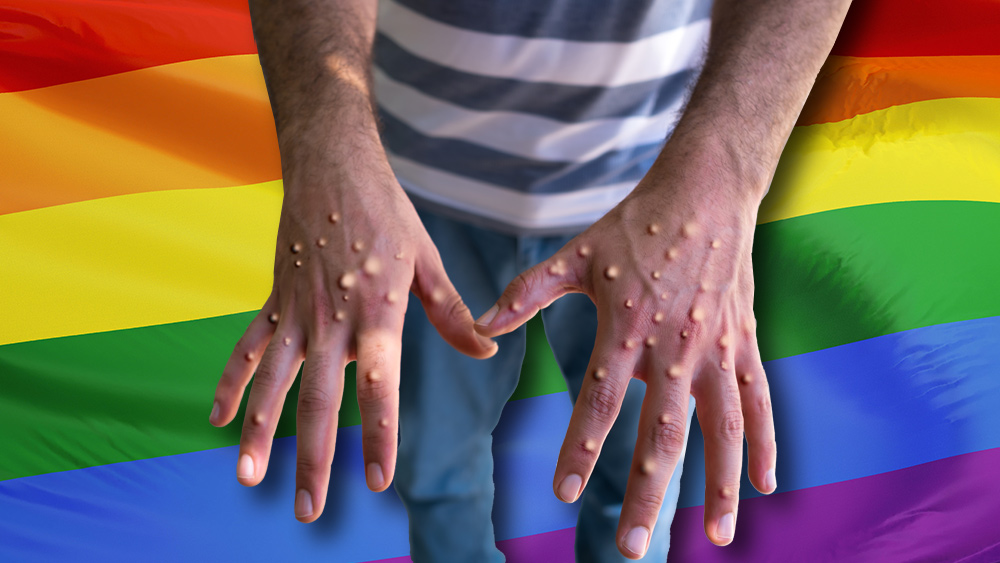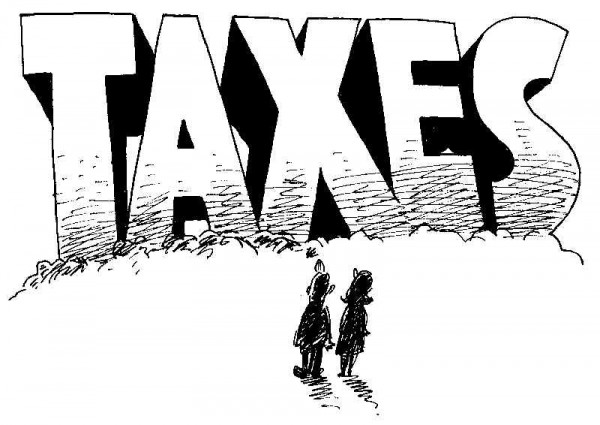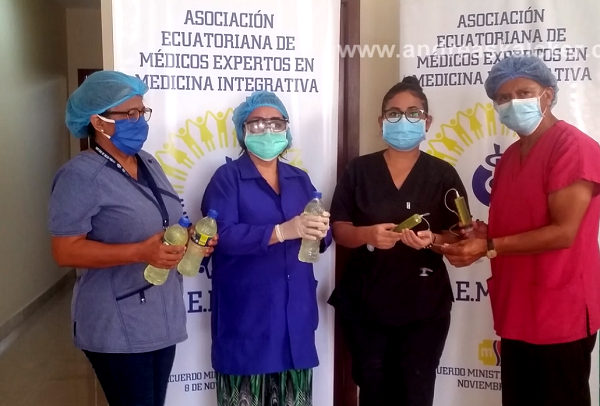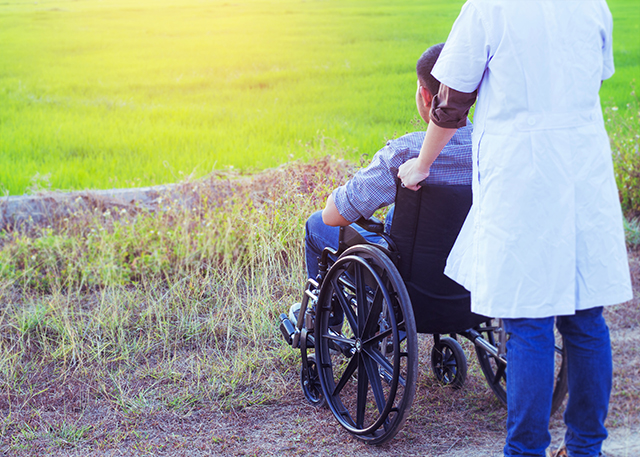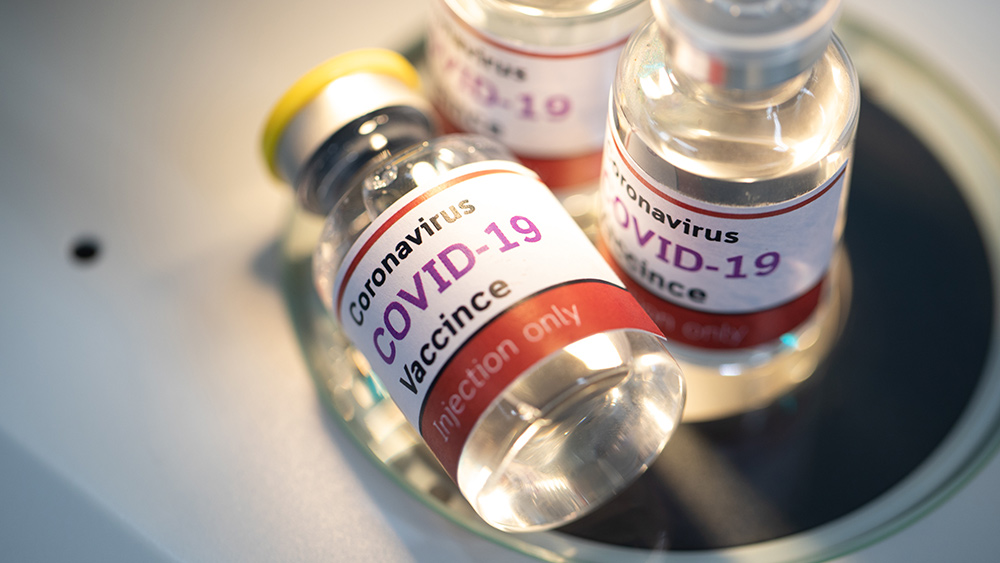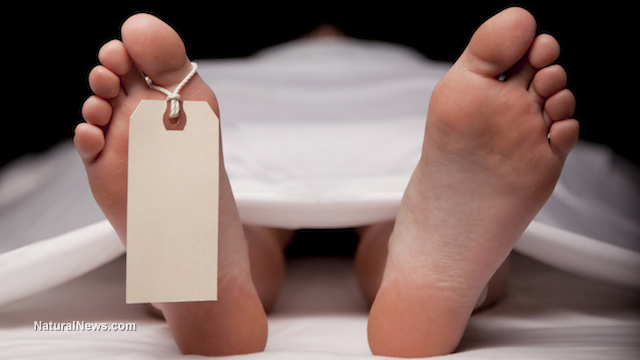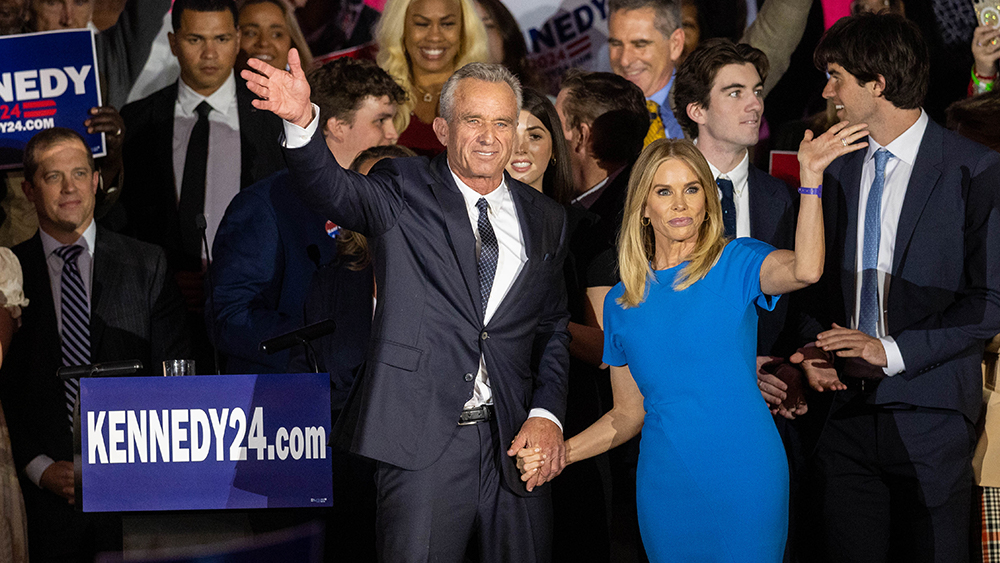FEAR MONGERING CDC says adults have “little remaining protection” against COVID-19 hospitalizations without mRNA BOOSTERS
06/09/2023 / By Olivia Cook

The Centers for Disease Control and Prevention (CDC) has claimed in a study that adults who do not take Wuhan coronavirus (COVID-19) vaccine booster doses may have “relatively little remaining protection” against hospitalization.
For the study, investigators from the public health agency claim to have analyzed more than 85,000 hospitalizations of people aged 18 years and older with COVID-19-like illnesses across multiple states for their study. The paper zoomed in on bivalent vaccines that possess two mRNA components to address both the original SARS-CoV-2 strain and more infectious variants that have emerged after the B11529 omicron variant.
The study noted that if a boosted person without immuno-compromising conditions contracts COVID-19 between seven days to two months after injection, they had a 62 percent lower risk of being hospitalized. It suggested that bivalent COVID-19 shots “provide durable protection against the most severe outcomes from COVID-19.” (Related: Top 10 myths told by COVID “experts” that are now completely debunked.)
But in reality, the CDC study only serves as an admission for the public health agency that vaccine effectiveness wanes dramatically over time. This was the opinion of Arizona-based physical medicine and rehabilitation physician Dr. Shana Johnson.
Johnson, who wasn’t involved in the CDC study, reviewed the public health agency’s findings. According to her, vaccine effectiveness drops to 62 percent at two months after vaccination. Four to six months after vaccination, this further drops to a measly 24 percent.
About 40% of vaxxed Americans don’t want any more boosters
According to a federal analysis, only 20.5 percent of American adults have received bivalent mRNA COVID-19 boosters as of May 10, 2023. Most boosted Americans were injected with the booster doses more than a year ago. This is in spite of the CDC’s September 2022 recommendation for all vaccinated people aged 12 and up to receive regular boosters.
“COVID is still with us,” claimed Dr. Marc Siegel, a professor of medicine at NYU Langone Health, who is part of the effort to convince more people to get boosters. “It makes complete sense for adults – especially those in high-risk groups, including the elderly and those with chronic disease – to have a bivalent shot if they haven’t already had one.”
Meanwhile, polling from the Kaiser Family Foundation shows that a portion of vaccinated Americans – about 19 percent – won’t get a COVID-19 booster. This is because they do not think boosters are effective, given that vaccinated people still get stick. Another 22 percent of vaccinated Americans say they’ll decline the booster because they believe they aren’t at risk from COVID-19.
This means that about 40 percent of vaccinated, but not boosted Americans say that they will not get another dose under any circumstances or would do so only if it’s required. These people believe in the strength of their own immune systems or have heard stories about breakthrough infections among the vaccinated and decided that it isn’t worth the time and effort to get another shot.
Writing for Vox, Dylan Scott pointed out that there are many factors to blame for the low uptake of the mRNA COVID-19 boosters.
“There has been confusion about the booster guidelines, about the nature of breakthrough infections, and a general distrust toward public health authorities that has grown during the pandemic because of an ongoing failure to be direct and honest with the public from the beginning.”
For more stories about the dangers of COVID-19 vaccines, visit BadMedicine.news.
Watch this video about the literal collapse of the uptake of COVID boosters in the United States.
This video is from the Covid Times channel on Brighteon.com.
More related stories:
IT ISN’T FUNNY: Comedians paid by CDC to shill for vaccines dropping dead all around the globe.
Doctors are JUST SAYING NO to covid “booster” shots.
Sources include:
Submit a correction >>
Tagged Under:
Big Pharma, booster doses, booster vaccines, boosters, CDC, covid-19, lies, mRNA boosters, mRNA vaccines, pharmaceutical fraud, propaganda, research, science deception, science fraud, vaccine damage, Vaccine dangers, vaccine hesitancy, vaccines, Wuhan coronavirus
This article may contain statements that reflect the opinion of the author
RECENT NEWS & ARTICLES
COPYRIGHT © 2017 IMMUNIZATION NEWS


